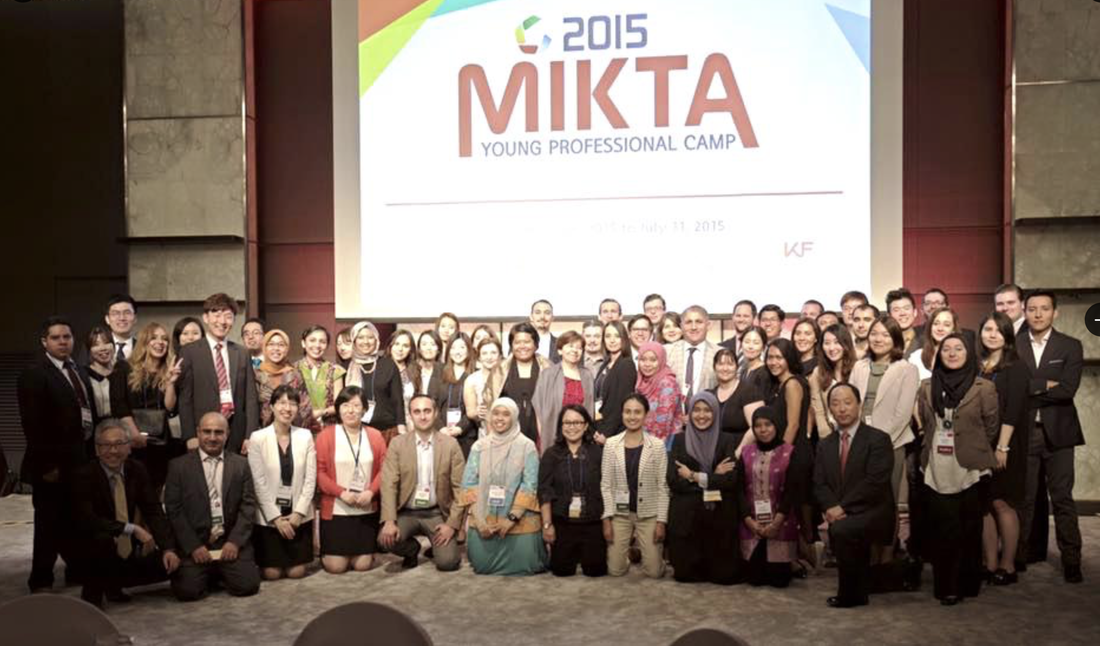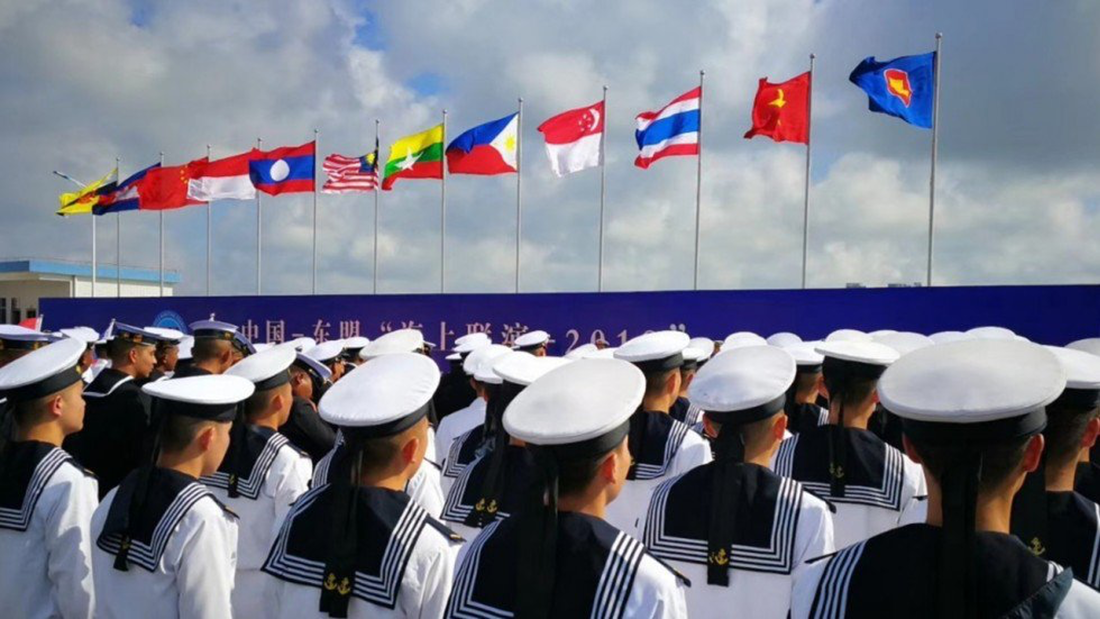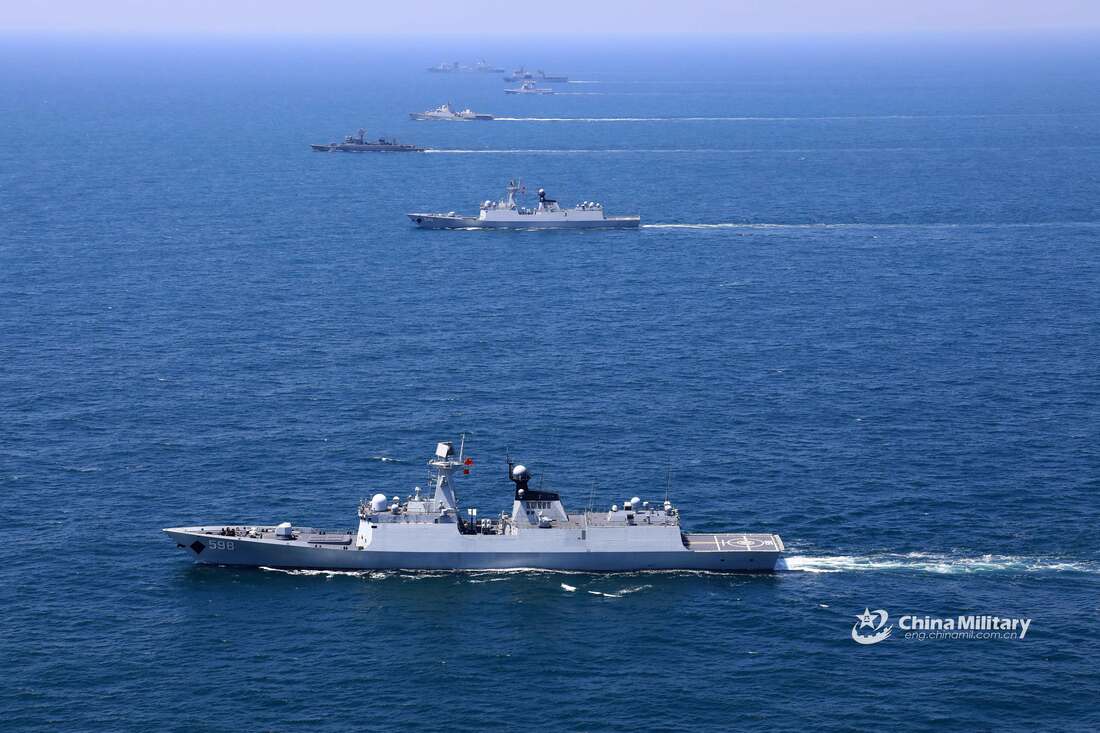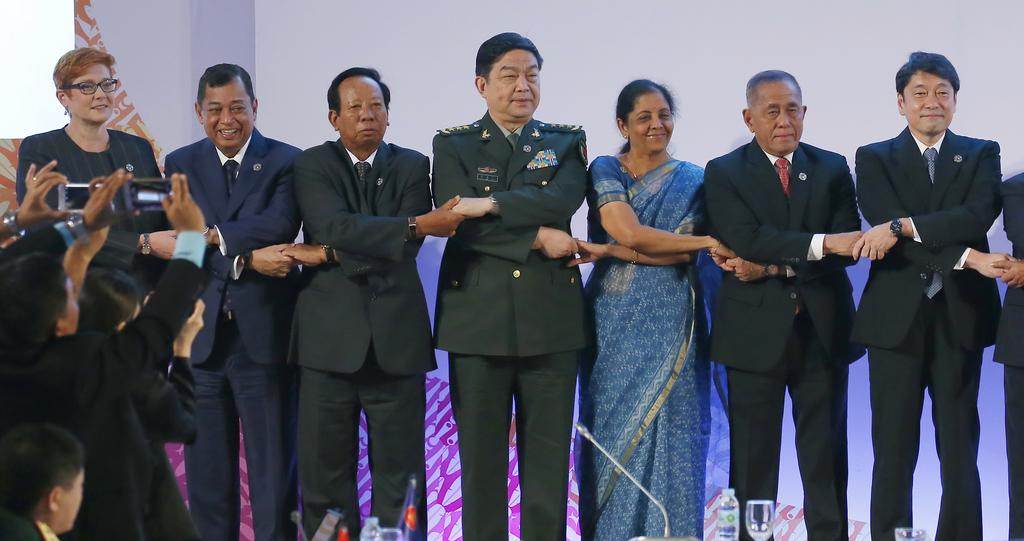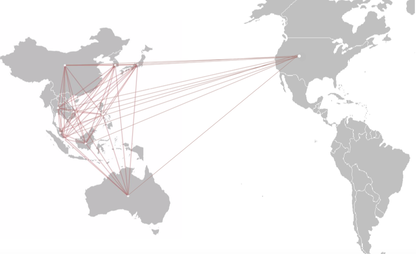
Overview of Research Interests
My research lies primarily in international security and cooperation, with a regional focus on the Asia-Pacific. I am particularly interested in examining the pattern of security cooperation between great powers and secondary states and drawing out the implications for regional order, stability, and the US grand strategy. My aim is to develop new IR theories and datasets that capture empirical complexities of the region and provide insights to academic and policy audiences interested in Asia-Pacific security.
Book Manuscript in Preparation
Goldilocks’ Signal for Security Cooperation in East Asia: China’s Rise, Hedging, and Joint Military Exercises
My current book project sheds light on joint military exercises as an indicator of security cooperation and explores how East Asian secondary states are responding to the rise of China and why they are responding the way they are. I theorize that the secondary states are hedging – pursuing cooperative security ties with both the traditional great power patron, the US, and its powerful neighbor, China – and the hedging behavior is a function of states’ desire for strategic autonomy. Cooperative relational ties with other states are important social capital that increases a state’s security and facilitates strategic autonomy. Hence, opting for a rigid single-sided alignment with a single power or bloc is the second-best strategy at best, and secondary states’ optimal strategy is to diversify security ties. This theory is put under empirical scrutiny against an original dataset of joint military exercises (JMEs) in the Asia-Pacific from 1970 to 2024. A systematic examination of the JME data using longitudinal network analyses and in-depth case studies reveals that secondary states in the region who would be ‘most likely’ to balance against rising China based on our conventional wisdom – states with major territorial conflicts with China, junior allies and strategic partners of the US, and democracies – have expanded security cooperation with Beijing over the last twenty years. The findings suggest that the regional countries have made efforts to embrace China into the regional network over time rather than isolating it, and hedging is much more pervasive and a preferred strategy than we think.
My research lies primarily in international security and cooperation, with a regional focus on the Asia-Pacific. I am particularly interested in examining the pattern of security cooperation between great powers and secondary states and drawing out the implications for regional order, stability, and the US grand strategy. My aim is to develop new IR theories and datasets that capture empirical complexities of the region and provide insights to academic and policy audiences interested in Asia-Pacific security.
Book Manuscript in Preparation
Goldilocks’ Signal for Security Cooperation in East Asia: China’s Rise, Hedging, and Joint Military Exercises
My current book project sheds light on joint military exercises as an indicator of security cooperation and explores how East Asian secondary states are responding to the rise of China and why they are responding the way they are. I theorize that the secondary states are hedging – pursuing cooperative security ties with both the traditional great power patron, the US, and its powerful neighbor, China – and the hedging behavior is a function of states’ desire for strategic autonomy. Cooperative relational ties with other states are important social capital that increases a state’s security and facilitates strategic autonomy. Hence, opting for a rigid single-sided alignment with a single power or bloc is the second-best strategy at best, and secondary states’ optimal strategy is to diversify security ties. This theory is put under empirical scrutiny against an original dataset of joint military exercises (JMEs) in the Asia-Pacific from 1970 to 2024. A systematic examination of the JME data using longitudinal network analyses and in-depth case studies reveals that secondary states in the region who would be ‘most likely’ to balance against rising China based on our conventional wisdom – states with major territorial conflicts with China, junior allies and strategic partners of the US, and democracies – have expanded security cooperation with Beijing over the last twenty years. The findings suggest that the regional countries have made efforts to embrace China into the regional network over time rather than isolating it, and hedging is much more pervasive and a preferred strategy than we think.
|
Refereed Journal Publication
“South Korea’s Mismatched Diplomacy in Asia: Middle Power Identity, Interests, and Foreign Policy.” International Politics, vol. 55, 2018, pp. 242-263, with Leif-Eric Easley. Refereed Articles In Progress “Do Joint Military Exercises Tell Us Anything About East Asian Security? China’s Rise and The Evidence of Hedging.” Revise & Resubmit (R&R) at Journal of Peace Research. “Autonomy-Loyalty Dilemma of Junior Allies: The Case of the US-South Korea Relations.” Manuscript Ready “Monteiro’s Unipolarity and the Cultural Dimension of Unipolarity” (with David C. Kang). Manuscript Ready “The Pacifist Elite Belief System: East Asia’s Foreign Policy Behavior Toward China and Implications for Regional Stability and Peace.” Other Publications “Unipolarity, Hegemony, and Moral Authority: Why China Will Not Recreate the Tributary System in the 21st Century.” The Long East Asia: Governing China in the 21st Century, edited by Zhengxu Wang, Palgrave Macmillan, 2023, pp. 175-198, with David C. Kang. “On Board for a Dual Track Approach,” in Comparative Connections: A Triannual E-Journal on East Asian Bilateral Relations, Vol. 19, No. 2, September 2017, with David C. Kang. “Continuation of Dual Track Approach,” in Comparative Connections: A Triannual E-Journal on East Asian Bilateral Relations, Vol. 19, No. 3, January 2018, with David C. Kang. “The North Korea Factor,” in Comparative Connections: A Triannual E-Journal on East Asian Bilateral Relations, Vol. 20, No. 1, May 2018, with David C. Kang. “Back to Normal Business,” in Comparative Connections: A Triannual E-Journal on East Asian Bilateral Relations, Vol. 20, No. 2, September 2018, with David C. Kang. “China’s Behavior in Maritime Dispute with its Neighbors: The Double-edged Sword Model,” in ProQuest Dissertations & Theses database, December 14, 2015, https://repository.library.georgetown.edu/handle/10822/1029854. “Fishery Disputes Between China and the Two Koreas,” in E-International Relations, June 20, 2013, https://www.e-ir.info/2013/06/20/fishery-disputes-between-china-and-the-two-koreas/. Google Scholar ORCiD |
